It’s not political, it’s respect: advice on discussing pronouns with students
Credit: Flora Harper
French teacher Rachel Larner talks to her French 2A class. She works to offer a safe space and normalizes discussions on pronouns in French and English.
December 10, 2021
As changing pronouns becomes more and more mainstream, it can be difficult for teachers to navigate. The most important thing is to show students that they are respected and welcome.
Rachel Larner, the French teacher at Loy Norrix, sees the importance of normalizing different pronouns. Larner makes sure to include diversity in her class in a natural way to make students feel comfortable.
“Teaching a language, it’s important to have the word ‘they’ included on our vocab list and to make sure it’s used in examples and that we are reading biographies about a variety of people. We have a diverse group that we are learning about. That way it’s not like you’re the one person wanting to ask how to use this vocabulary word or not wanting to ask how to use this vocabulary word,” Larner said.
She also recommends other teachers to let students know they are accepted and have a conversation about their identity early on.
“You have to be as open as possible if you are starting the conversation early. I guess do something that you as a teacher are comfortable with like asking in a way that you personally are already comfortable with, so on a google form or something you already use in class like an introduction or getting to know you sheet,” Larner said. “Kind of building it into something you already do, so that it’s kind of comfortable and natural to you as a teacher and doesn’t make any student feel like an outsider.”
Loy Norrix librarian and GSA advisor, John Kreider, expressed the importance of respect. As pronouns are a fundamental part of one’s identity, respecting one’s pronouns is an essential part of respecting that person. Younger people are capable of discovering things about their identity, so teachers should work to respect and trust them.
“I try to believe students when they tell me about themselves,” Kreider said. “That’s my number one goal at work—to just believe students. And sometimes what they tell me about themselves can change from day to day and that’s cool, that’s great, and I still believe you”
Krieder also discussed how teachers can manage students’ privacy involving their pronouns. It’s important to understand that a student confiding in a teacher who they view as a safe space doesn’t mean the student is ready to be out to others.
“Some students are not ready for everyone to know what pronouns they would really like people to use,” Kreider said. “Sometimes there’s a different level between if I know the student and if they’ve told me something about their identity, and then if I’m not sure if they’ve shared that with the wider student body then I might wait until I can talk to that student.”
Freshman Sage Herrera expressed their concern with students lacking understanding of people wanting to change parts of their identity and said that turning it into a joke is unacceptable.
“A lot of students don’t understand why people would change their name, and I feel as if they’ll respect it, but they just don’t really understand it, and I feel they could get a better understanding by asking questions and trying to figure it out better,” Herrera said.
Another problem that arises is when substitute teachers aren’t given accurate information. It can be hard to navigate because subs are often provided with outdated information with deadnames and old pronouns. Students can make requests in the guidance office to make name changes or update their gender information.
“If there’s a problem, it’s mainly the substitute teachers,” Herrera said.
Herrera also addressed their concern with people politicizing the rights of LGBTQIA+ individuals and how people are in danger because schools often don’t interfere with bullying and harassment.
“Most schools don’t even do anything about it because they’re like: ‘we don’t wanna get into anything political,’ but this isn’t political, it’s how someone was born and people are making fun and threatening them, and you aren’t doing anything about it and that is not okay,” Herrera said.
Showing respect for people and trusting them to know their identity shows that you take them seriously. It’s important to make an effort to be inclusive of people and understand that a small act to show you respect someone can mean the world to them.

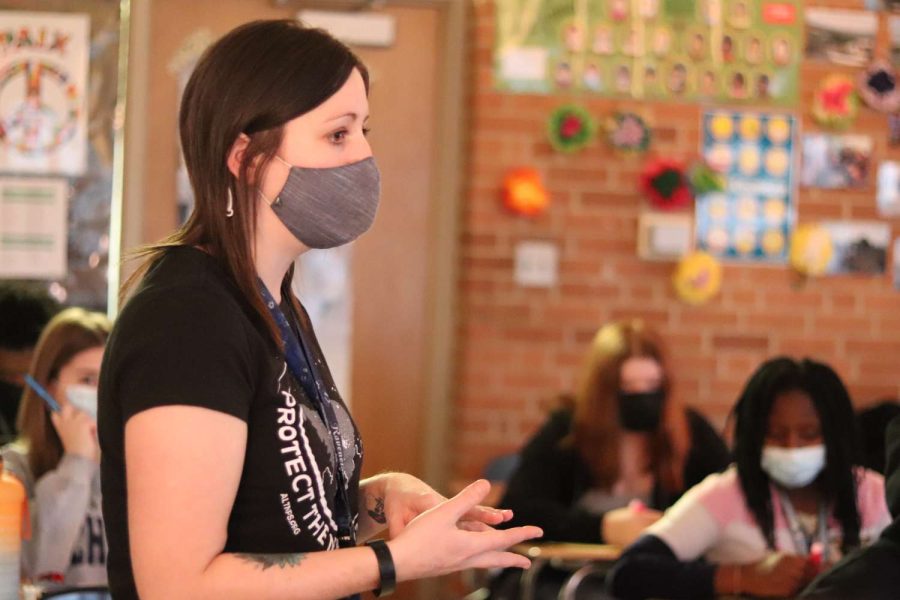

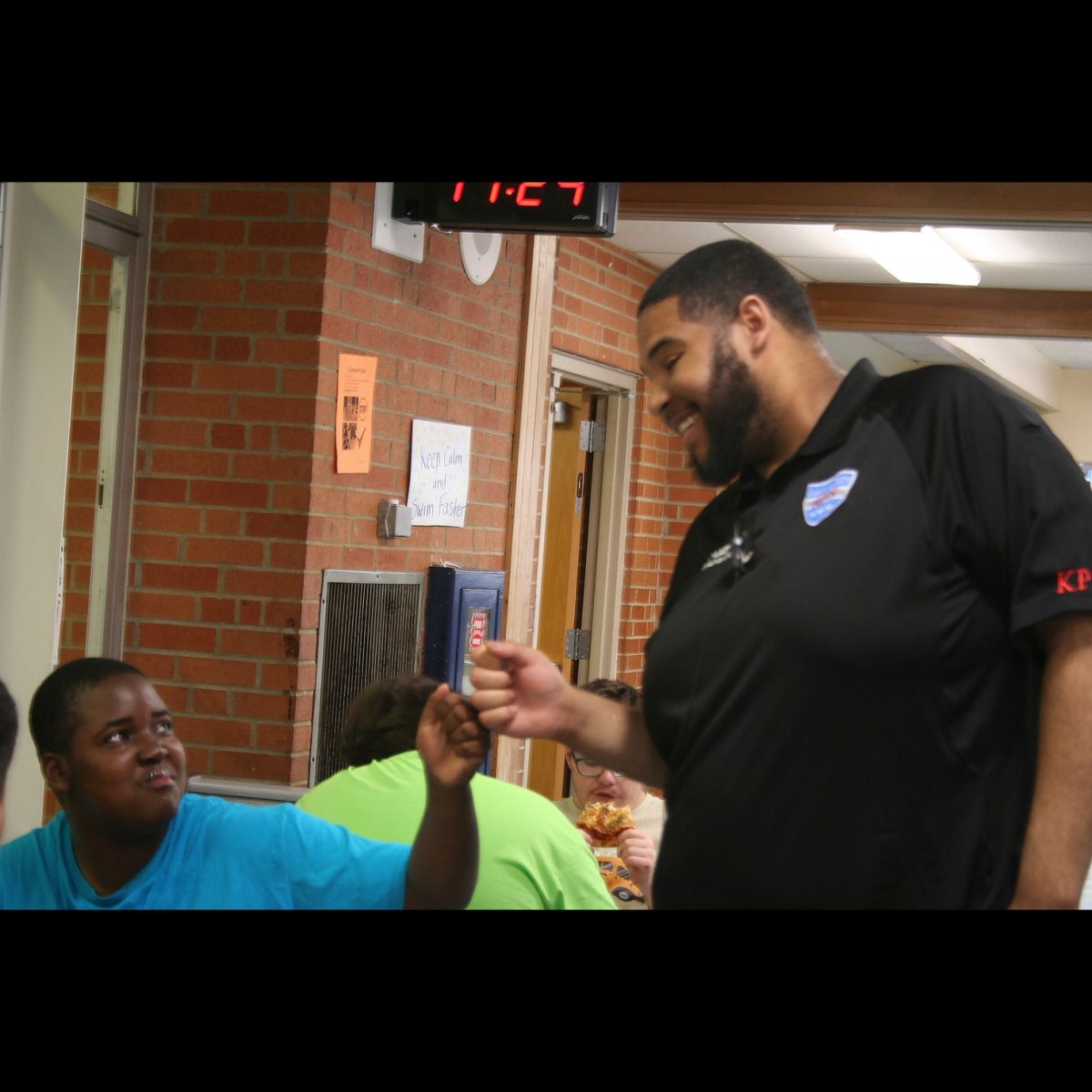





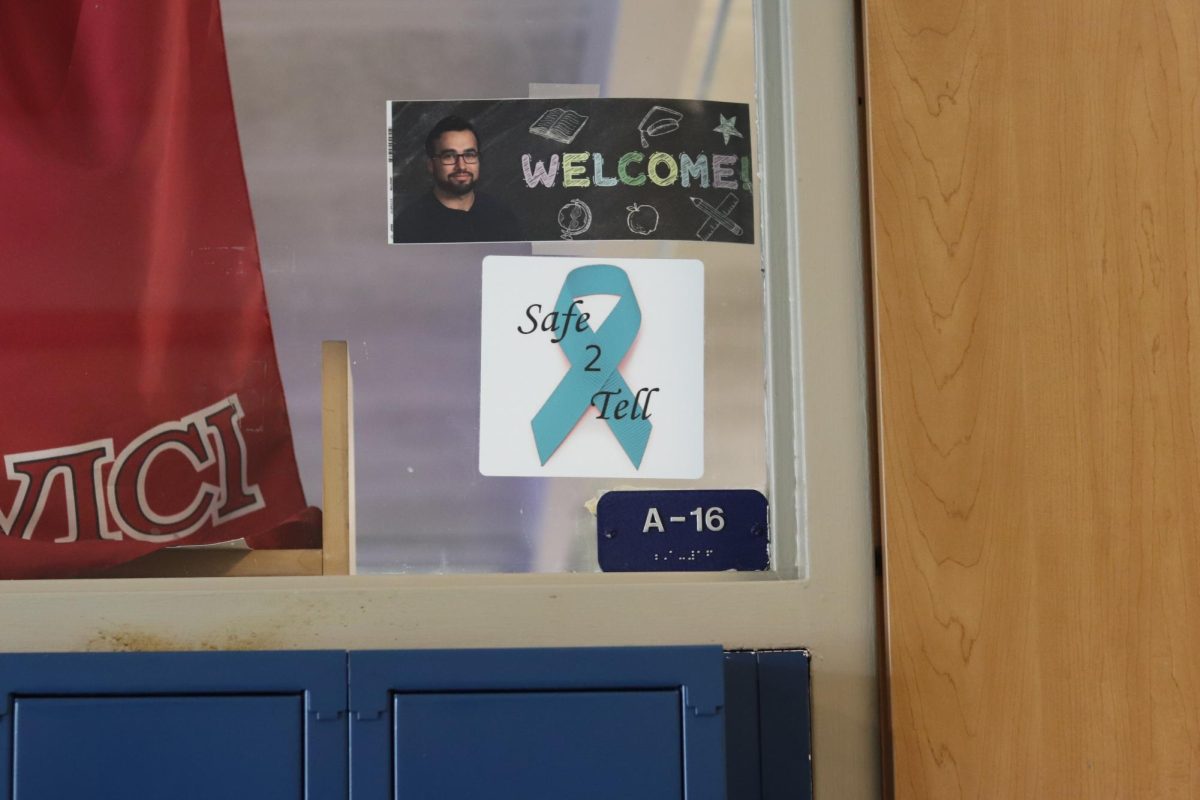
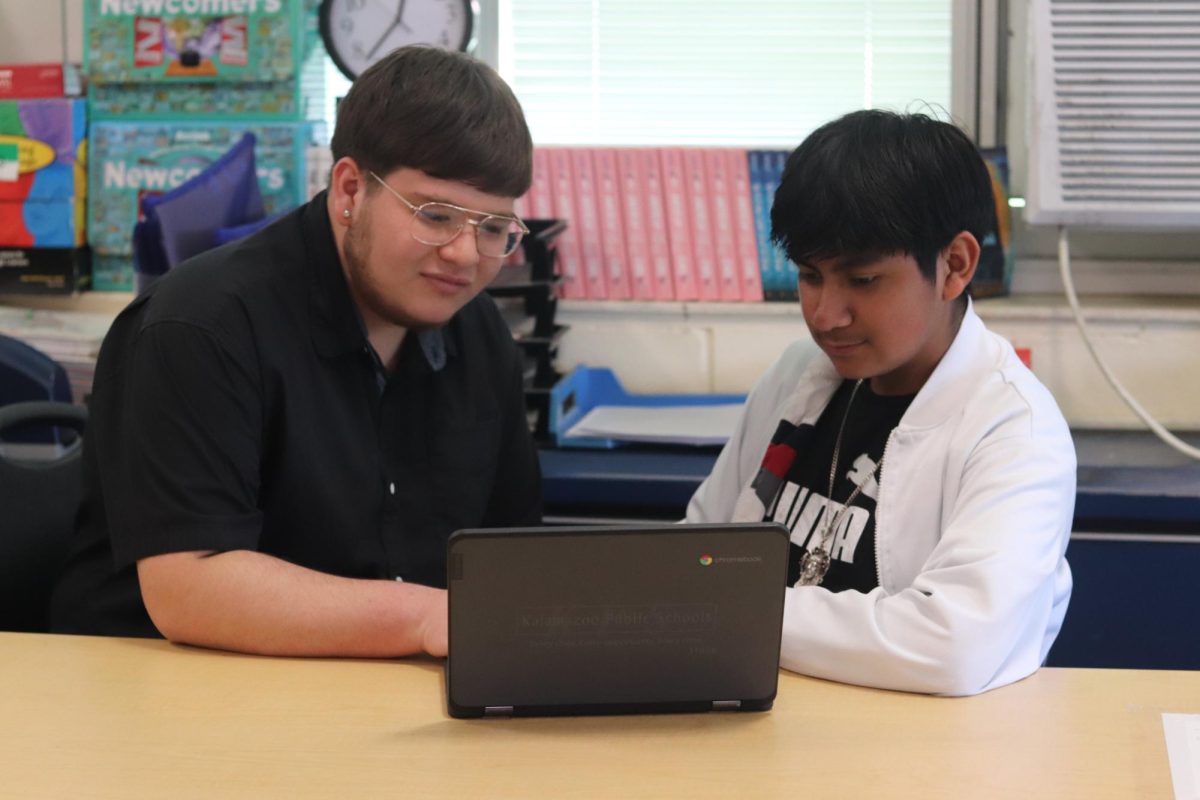
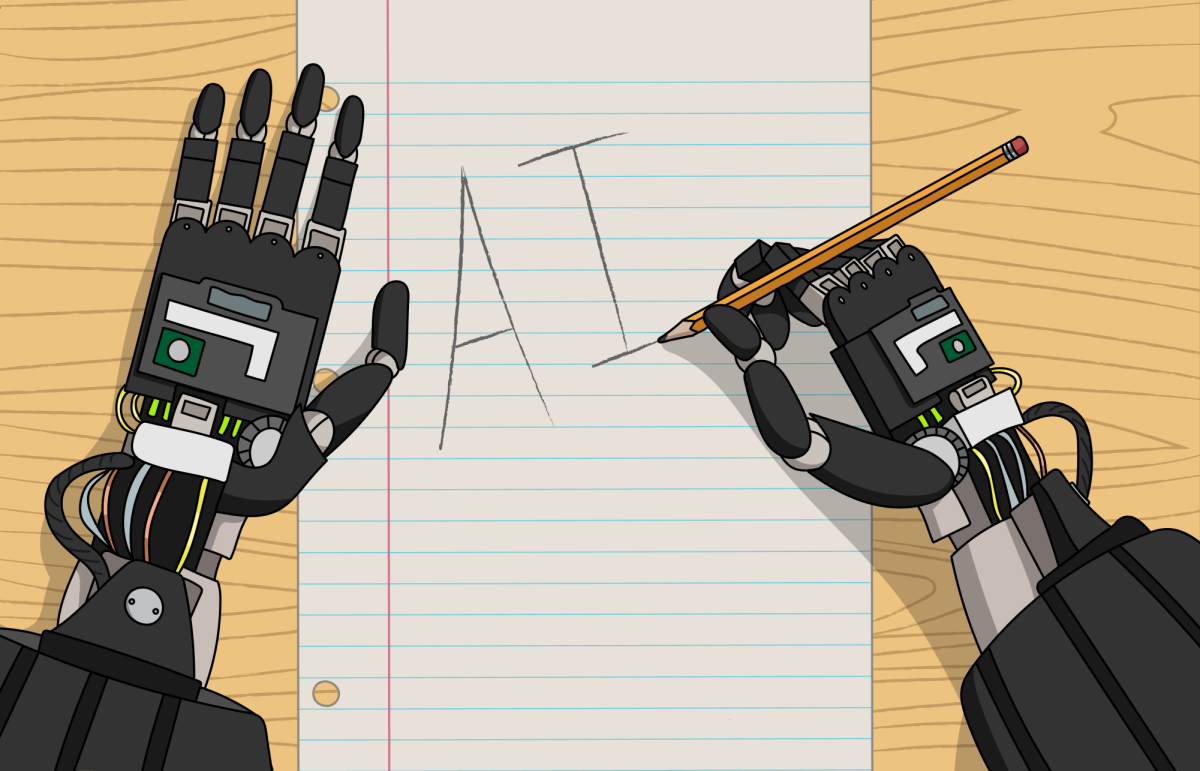
owen nicol • Jun 3, 2022 at 9:32 am
good job flora!
Sophie Decker • Apr 11, 2022 at 10:25 pm
This is a really well done article, when I was at norrix I always felt like teachers would respect however I wanted to call myself, and it’s important that the school as an organization recognizes pronouns as a point of identity rather than a political issue
tony • Feb 28, 2022 at 1:20 pm
proud of you flora!
jjlgv • Mar 2, 2022 at 11:18 am
i love uuuuuuu tonyyyyyyyyy kissessssssssss hugeswtw u
will • Feb 11, 2022 at 12:53 pm
cool
eleanor • Jan 17, 2022 at 2:00 pm
love it!
estela • Jan 11, 2022 at 2:11 pm
nice job flora!
tony • Jan 11, 2022 at 2:03 pm
nice!